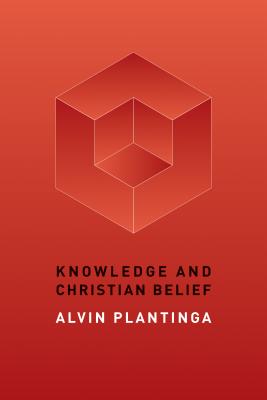
Philosophical Foundations is an introduction to the philosophy of law, but it also furnishes the foundations for a Christian philosophy. In this ethically discombobulated time, it provides us with the metaphysical and ethical tools to slash our way through the wilderness of ideologies and power-craving opinions which threaten to overwhelm civilization.
Indeed, a solid metaphysical and ethical framework is the crying need of our age and the indispensable presupposition for the various arts and sciences that make up the encyclopedia ("circle of learning"). The most basic datum such a framework can provide is very simply the either/or of a personal God from Whom all things originated or an ultimate reality that is impersonal. That is the starting point for inquiry. And it cannot be the case that the decision for an impersonal ultimate reality is a requirement for science. Functional atheism can be no requirement for participation either in academia or in public life and policymaking.
Is science truly science that ignores the most basic fact of existence - the existence of God? It cannot be so. "If there were a God and He created the world, should that not be accepted because it is unscientific? If reason really did not carry the world in itself and could not find the world out by itself, would it nevertheless have to remove the world from itself, because that alone would be scientific? One might just as well require on the basis of science that man should not be born but rather should exist from eternity; or that man should feed himself from himself without food; or that the eye should see of itself, without objects and their impressions from outside. Scientificness demands that you be gods, but the fact is that you are only human - do you have to comply with scientificness?.... Is it the trick to explain the world without God, in and for itself, regardless of whether the explanation is sufficient - is this the essence and the glory of the scientific character? It is no subjection of science to authority if one expects of it that its knowledge should correspond to the object. No natural scientist will want to avoid the fact that his teaching must pass the test of the phenomena of nature - and yet the philosopher should have the privilege of his teaching merely being seen as logically consistent in order to be considered true, even if contradicted by all the facts, even if it leaves the great object it is supposed to solve untouched!"
The proof of the pudding is in the eating, for the Christian worldview is the only key that unlocks the riddle of life, the only explanation of the otherwise unfathomable reality in which we live.







